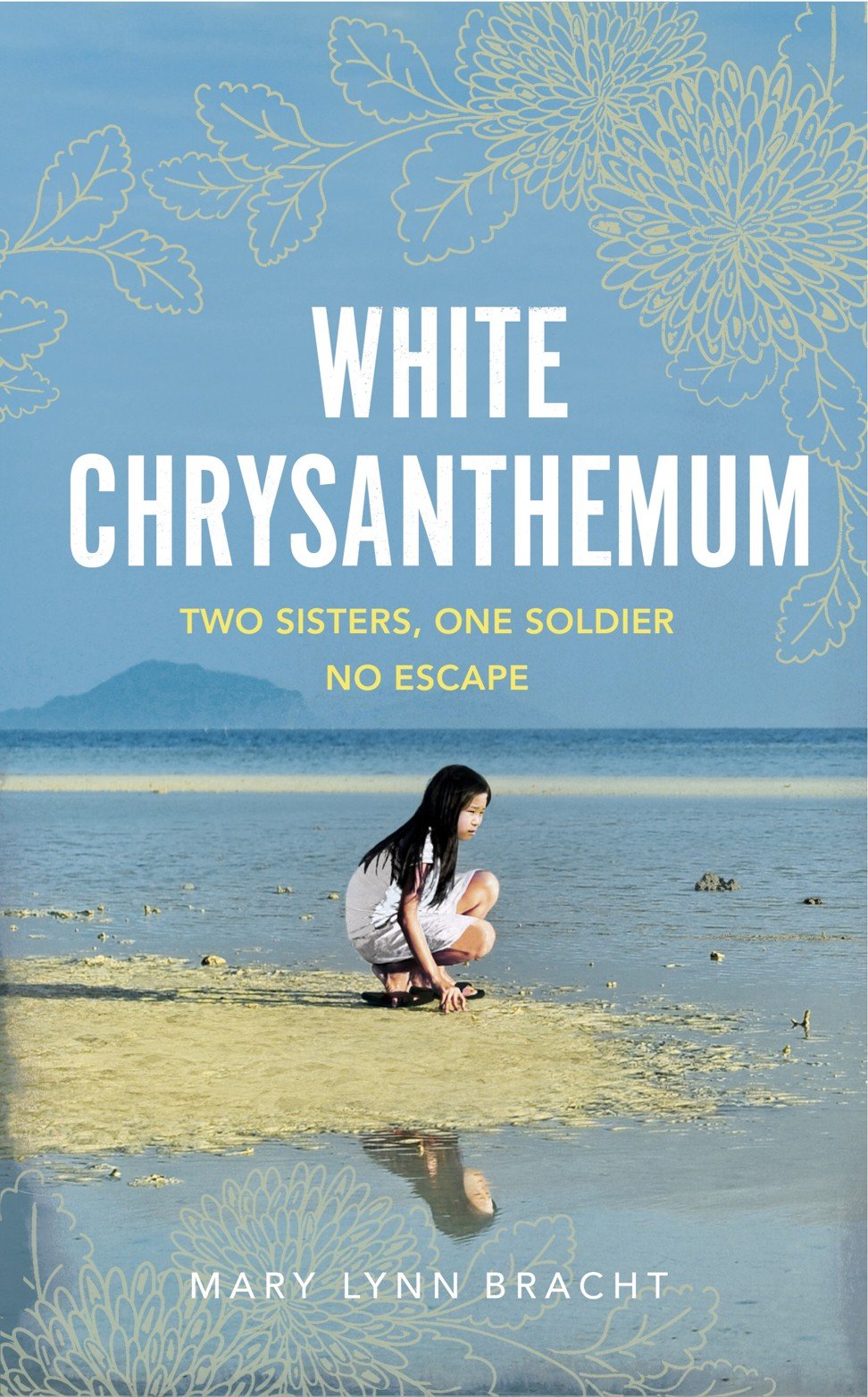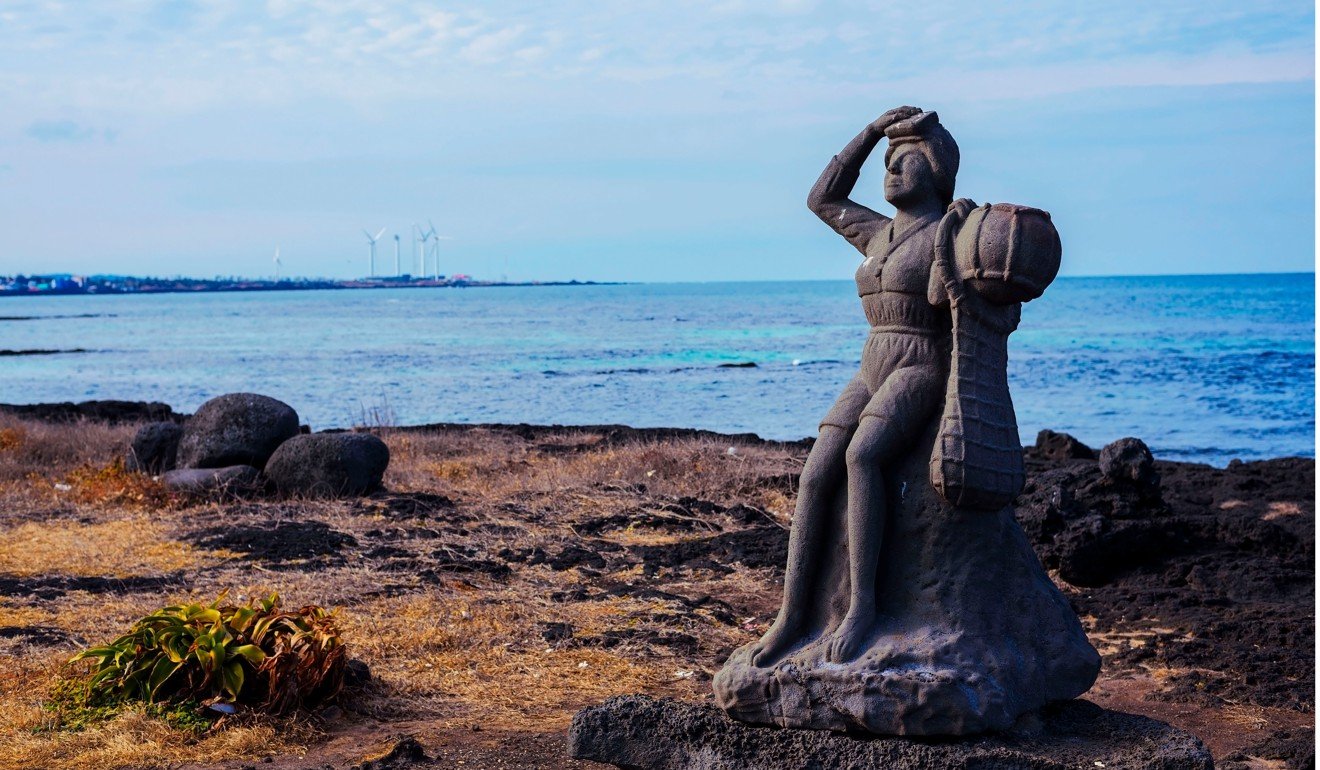
White Chrysanthemum review – ordeal of Korean ‘comfort women’ explored in thought-provoking novel
Author Mary Lynn Bracht examines the impact on families and South Korean society of Japanese troops abducting women and subjecting them to sexual slavery in wartime – ensuring they are not forgotten as they recede into history
White Chrysanthemum
by Mary Lynn Bracht
G.P. Putnam’s Sons, Chatto & Windus
4/5 stars
White Chrysanthemum memorialises Korean “comfort women” – women forced into sexual slavery by Japanese occupying forces during the second world war.
In her debut novel, London-based Korean-American writer Mary Lynn Bracht explores the effects these women’s abductions had on their families and on wider society, and celebrates the power of women to survive horrific circumstances.

Bracht’s protagonists are female freedivers, known as haenyeo, from the southern Korean island of Jeju. They are strong, independent women who harvest bounty from the ocean floor to feed their families.
Hana is a haenyeo. At the opening of the novel, Hana is 16 and her younger sister Emi is still too young to dive, although she too soon becomes a haenyeo diver. Descriptions of diving, and the haenyeo way of life, occur through the novel, from the opening description of captive Hana’s memories of the ceremony through which she became a fully fledged haenyeo, to the closing description of Hana diving in a lake in Mongolia.
Why Japan needs to revisit the 2015 ‘comfort women’ deal with South Korea
Diving, and resurfacing, are fitting metaphors for the characters’ – and Korean society’s – suffering and survival.
One day in 1943, Hana has been diving, leaving Emi on the shore to guard the catch. When Hana surfaces, she sees a Japanese soldier approaching her sister. It seems inevitable that Emi must be kidnapped, but Hana’s quick-thinking saves her sister. She sacrifices herself, and she, not Emi, becomes the soldier’s victim – first of kidnapping, and then of rape and sustained abuse.
Bracht alternates between chapters set in 1943, which follow Hana’s harrowing story, and chapters set in 2011, which looks at how Emi’s life has been affected by the loss of her sister. Both sets of chapters are written largely in the present tense, a choice which serves to collapse the gap of over seventy years between the two strands of the novel.

Immediately after her kidnapping, Hana is held captive in a brothel in Manchuria. Here she spends her days being raped by the soldiers – men are allotted 30 minutes each, officers get longer.
China’s last ‘comfort woman’ warrior for justice from Japan dies
The memory of diving now becomes an important gift for Hana. She refuses to drink opium tea, because she wants to keep a clear head.
The soldier who kidnapped Hana, Corporal Morimoto, develops a fixation for her. He reappears in the Manchurian brothel, where he becomes one of the guards, and where he regularly rapes Hana after hours. He traps her into travelling to Mongolia with him.

Hana’s story would have been one of relentless grimness, and despair, except once she reaches Mongolia, Bracht is careful to provide her with hope, although to spell out the details could spoil the plot. The Mongols’ kindness to Hana, and the moments of grace she experiences with them, offer a welcome change to the preceding descriptions of rape, and degradation.
Decades later, in 2011, Emi is coming to the end of a life irredeemably scarred by both the loss of her sister, and also a loveless marriage. Emi has two middle-aged children – a son and a daughter.
Emi has for most of her life suppressed memories of Hana, but she finds she can no longer do so as she approaches death. Ill and in hospital, she finally tells her children of the existence of their aunt.
Bracht’s skill and ambition in merging, throughout her novel, the personal and familial, the political, the deeply moving, and the horrific make White Chrysanthemum a thought-provoking read. It should help to ensure that the “comfort women” are not forgotten, as they recede into history.
Asian Review of Books
